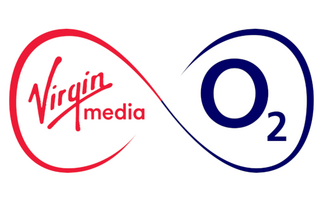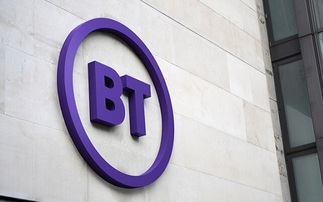IP telephony specialist Avaya says IT managers 'experiment' with mobility solutions
Vendors need to keep their options open when it comes to mobile platforms and technology, because nobody yet knows which solutions will prove attractive to enterprise buyers. Don Peterson, CEO ...
To continue reading this article...
Join Computing
- Unlimited access to real-time news, analysis and opinion from the technology industry
- Receive important and breaking news in our daily newsletter
- Be the first to hear about our events and awards programmes
- Join live member only interviews with IT leaders at the ‘IT Lounge’; your chance to ask your burning tech questions and have them answered
- Access to the Computing Delta hub providing market intelligence and research
- Receive our members-only newsletter with exclusive opinion pieces from senior IT Leaders



















